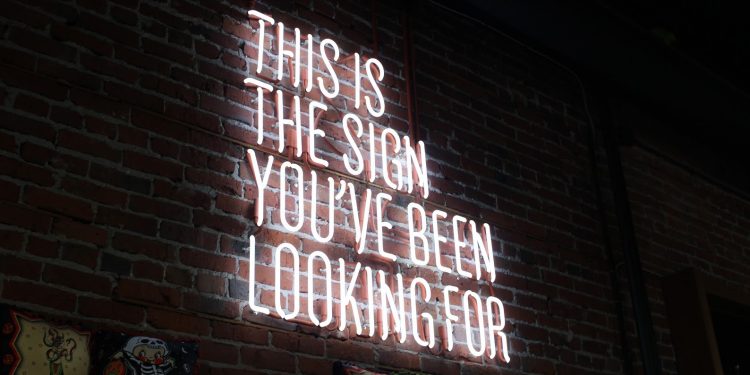Sometimes we could all use a little help
Within the social impact sector filled with nonprofits, social enterprises and corporations dedicating departments to social impact, it can be draining and difficult to know just where you fit! You know you want to do more with your career, you know you want purpose and to give back, but how do you get there?
Ever thought to ask someone else for help? Ever heard of a career coach? If you can answer “yes” to one or more of the following, it may be time to get a little help:
1) Do you struggle with pinpointing exactly what it is you want to do with the rest of your life? You don’t know where to start or how to build momentum, and you find yourself procrastinating a lot.
2) Are you narrowing down your job search too much, or are you casting your net too wide? Both can lead to missed opportunities or, missing the target on the job that’s right for you.
3) Do you find your job search/career change efforts aren’t yielding the kind of results you’re hoping for? You’re not getting interviews in response to your job applications, or, you repeatedly get through several rounds of interviews but don’t make it through the final selection process.
4) Do you feel like your job search has become a big waste of time and/or you’re feeling lonely and isolated, even dehumanized by the process?
Before reaching out to someone, it is important to note the following. A good coach should be able to help with all of the above by first helping their clients identify their core and driving values, and in the process get them to understand what is really important to them in order to build the foundation for their job search. Many people feel completely overwhelmed with having to think about and choose a particular career path or direction. Identifying and building on values can help narrow the possibilities and can lead to longer-term satisfaction for jobs that are in alignment with personal values.
An effective coach will also help their clients understand their key strengths, talents and transferrable skills that map against the kind of job a person might want to pursue. This is particularly important when considering a career switch. We are often our own worst critics and aren’t always objective in how we perceive and assess our skills and abilities. Women tend to underestimate or underplay their accomplishments and skills, while men can lean towards the opposite. Neither will contribute to a successful job search.
A career coach should also be able to provide practical assistance, such as with resume and cover letter reviews, networking skills training and interview practice to help decrease the anxiety inherent in the job search process, while helping to build and increase their clients’ confidence.
Last, but not least, a coach will provide ongoing support by doing regular check-ins to hold clients accountable for their progress; encouraging clients when they’re in tough situations, (e.g. helping them make good choices when faced with two or more career options or job offers) and providing moral support when the going gets tough – and, I’m sorry to say, it will get tough for everyone for various reasons at some point along the job search journey. Coaches are also there to celebrate their clients’ successes, big and small.
Here are some tips on how to find the right coach:
1) Ask lots of questions before you agree to work with a coach: What is their experience? Where did they train? What types of clients do they work with? What methods do they use (i.e. assessment tools, exercises, etc.)?
2) Find out if they have experience coaching people in a particular sector that you’re interested in.
3 Ask what happens when you don’t feel comfortable with an approach the coach suggests for you. There should always be flexibility in the coaching process to adapt to what you, as the client, need from the coaching relationship.
4) Do they offer a free consultation? This can be in the form of an initial phone conversation or meeting and is absolutely necessary to make sure the fit and comfort level between coach and client is right.
5) Don’t hesitate to talk about pricing right off the bat and get it in writing. You don’t want to be surprised by any costs and payment obligations down the road. The price point has to work for you.
No one has ever said “Looking for a job has been the most wonderful experience of my life”. Everyone struggles with a job search at some point in their career, but it doesn’t have to be a soul-crushing experience. It’s important to remember that a career coach won’t fix what’s not working for you. Only you can do that. But, the right coach will make you work hard for what you want and along the way they will be your guide in helping you identify what’s not working and why, and they will help you recognize ways to course correct so you’re more targeted, confident and well-prepared for whatever the job search process may throw your way.
Want more curated content delivered straight to your inbox?






No Comment